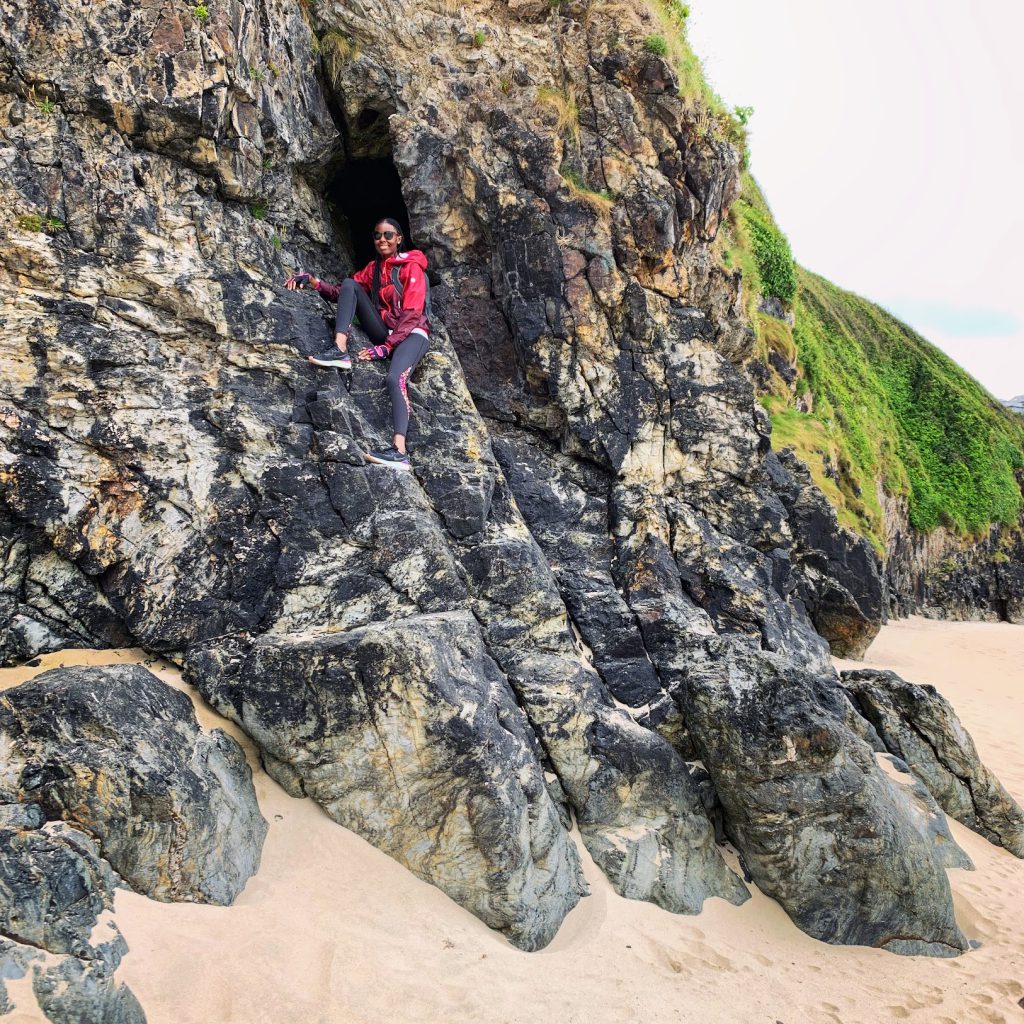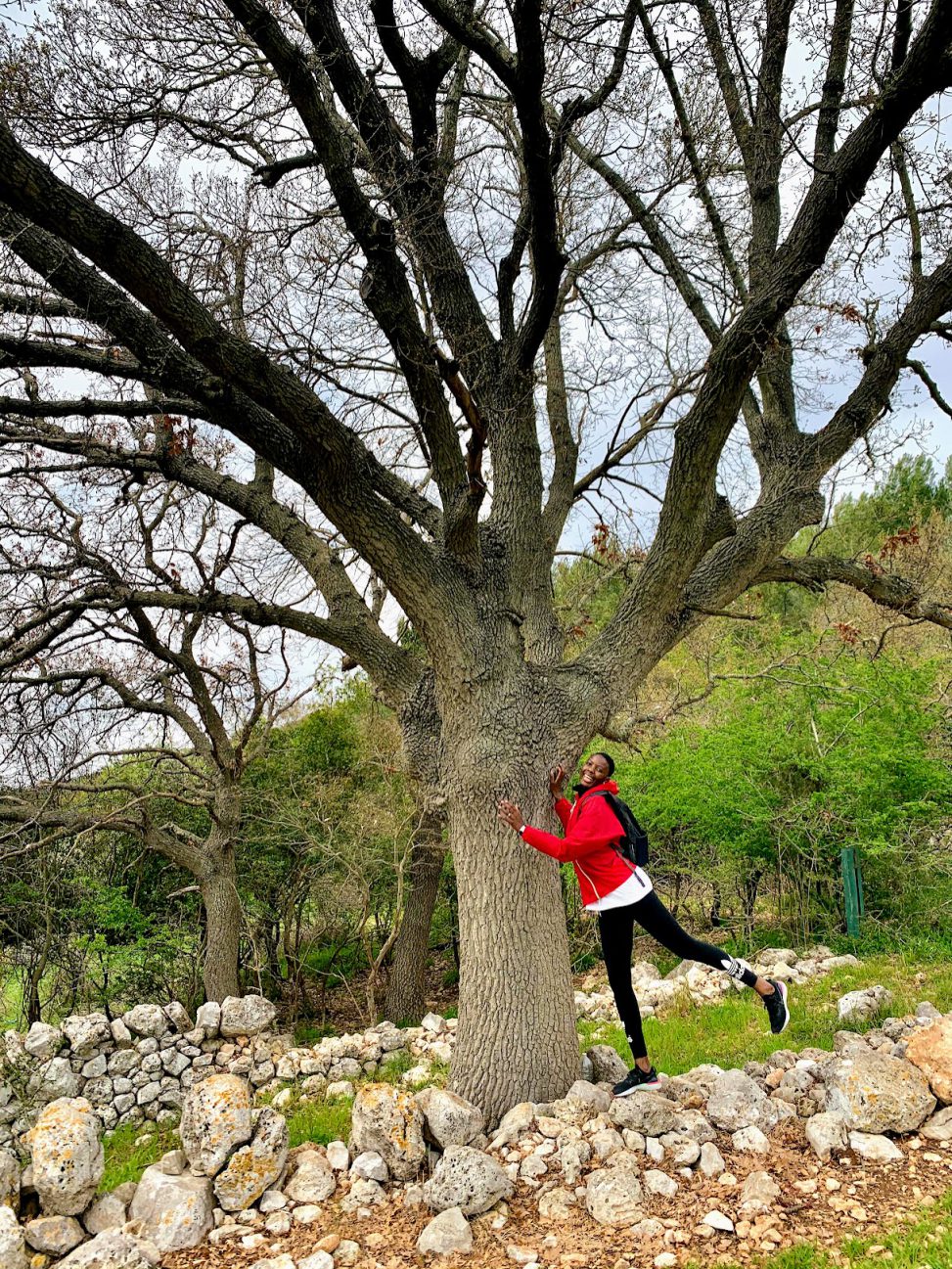The colder winter months are almost behind us, and the weather is gradually becoming warmer along the South coast of England. Everywhere is beginning to burst with color from beautiful flowers and magnolia trees. However, to preserve the beauty of Nature, we need to understand that our lifestyles have an impact on the ecosystem of our planet. The increasing amount of news regarding environmental degradation and climate change is not something that can be ignored. It invites us all to ponder the following question: How can each of us contribute to our planet’s well-being?
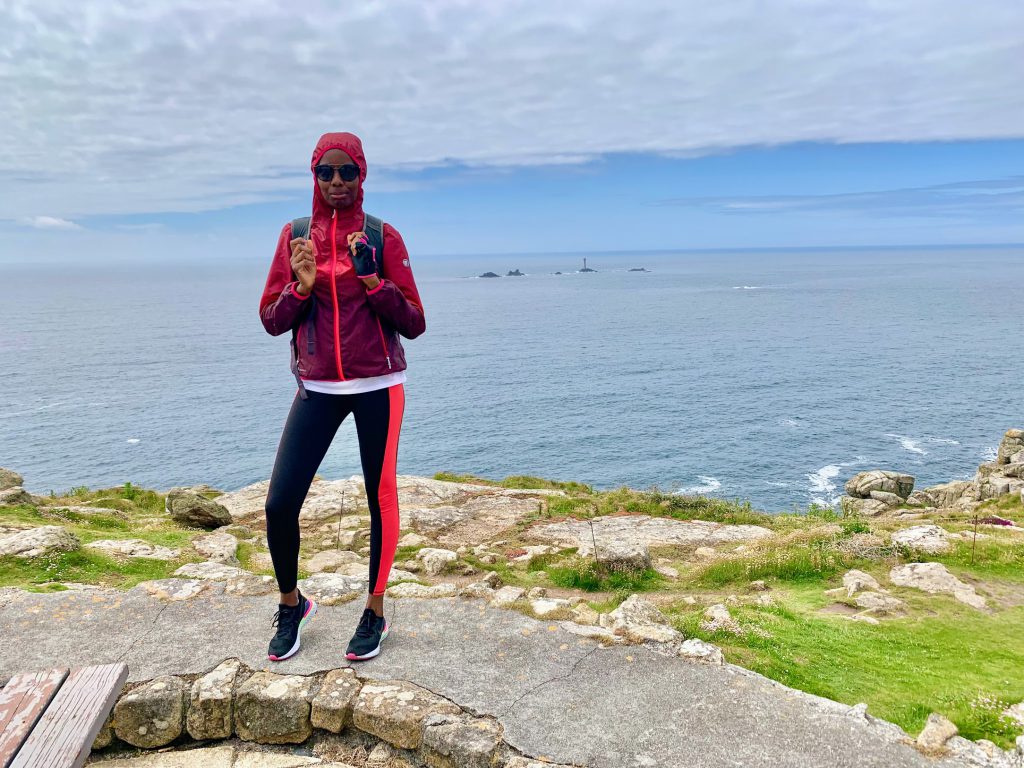
I recently made the move to the countryside in Sussex, and I’m excited to discover the beautiful landscapes of this side of England. One thing to know about me is my deep fascination with nature. Growing up in Namibia, a country renowned for its diverse landscapes, including: the Namib desert, the Atlantic Ocean, and lush savannas and woodlands. I learned early on the importance of respecting and coexisting with animals and the environment.
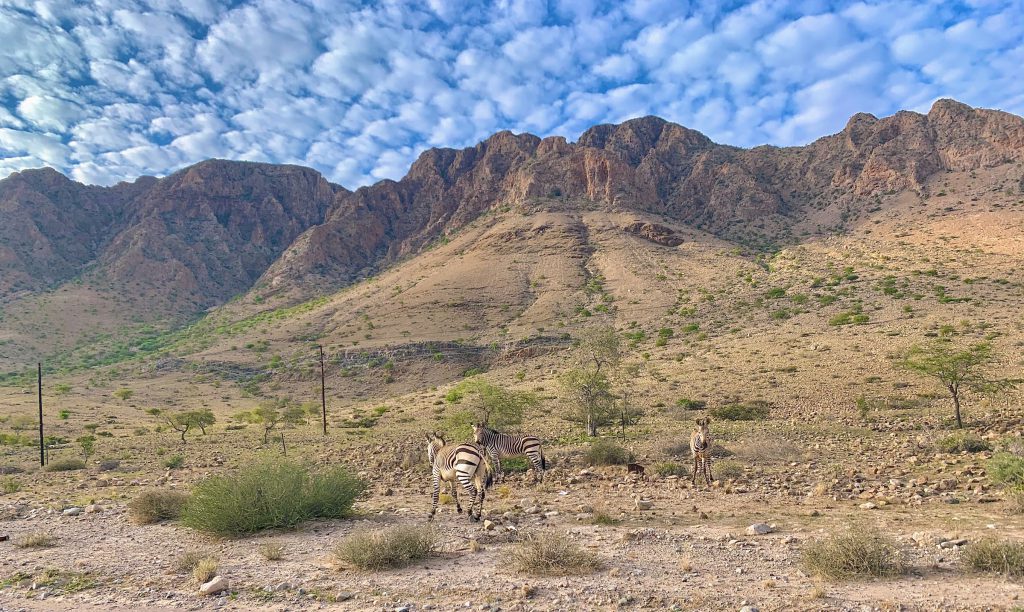
As a child, I spent my days running barefoot, not because I lacked shoes, but because it was for me an exciting way to connect with nature. It was about joyfully embracing the earth beneath my feet and feeling a connection to my ancestors who walked these lands before me. Despite the occasional thorn encounters, I never got bitten by any scorpions or snakes. These experiences instilled in me a sense of bravery and most importantly a deep appreciation for the beauties of nature.
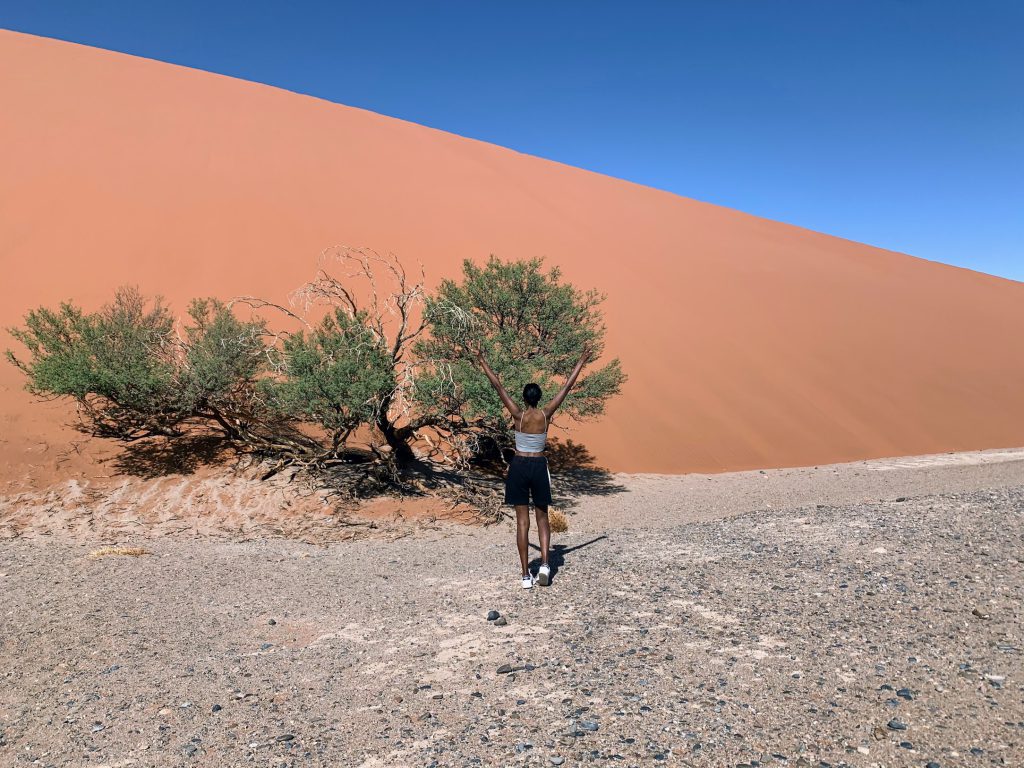
I have fond memories of singing while picking berries, hiking, and hugging trees, activities that still bring me joy today. I enjoy the outdoors especially activities where I am surrounded by nature such as hiking, canoeing, snorkelling, windsurfing, horse riding. I recently added skiing to the list of ways to enjoy the beauty of planet.
Upon moving to England, it was no surprise that I found myself spending much of my screen time immersed in documentaries about animals and nature. Some favourites included Planet Earth, The Life of Mammals, Extinction: The Facts, and Africa, among others. Sir David Attenborough’s incomparable voice and captivating adventures further deepened my love for the natural world. Through these documentaries, I felt as though I had traveled the globe without leaving my living room.
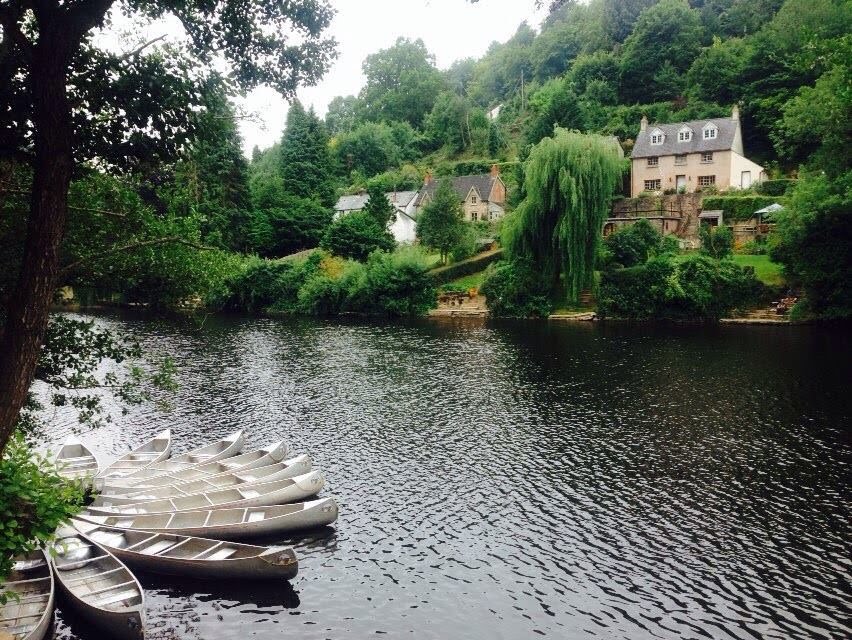
Regrettably, the ecological systems we all rely on is facing a triple crisis of climate change, biodiversity loss, and pollution. According to recent studies by the World Health Organisation (WHO), it indicate that 3.6 billion individuals currently reside in regions highly vulnerable to the impacts of climate change. It is projected that between 2030 and 2050, climate change will result in roughly 250,000 extra fatalities annually, primarily due to undernutrition, malaria, diarrhoea, and heat-related conditions. The data from World Health Organisation (WHO) indicate that 9 out of 10 people breathe air containing high levels of pollutants. Therefore, the climate crisis is not merely affecting small parts of our planet, but it is everyone’s problem as it impacts every aspect of our lives and poses serious threats to the future of human health.
One of the most concerning effect of climate change is the unprecedented increase in our planet’s temperature due to human activities. However, by minimising our carbon footprint, we can reduce the emissions of greenhouse gases like carbon dioxide and methane, which are primarily generated by human activities. Individuals have the ability to make responsible choices and decisions regarding lifestyles and their impact on our planet.
Governments possess the tools, authority, and resources to enact laws and implement measures to facilitate nature’s healing process. The Net-zero initiative should not solely be viewed as a goal for scientists or simply used as a political buzzword to earn votes. If the world leaders can take collectives and decisive actions in response to global threats such as the Coronavirus pandemic, they should also take similar actions to address the global climate change crisis.
On the bright side, throughout history, we’ve seen that every movement for change begins with one person taking action. Take Senator Gaylord Nelson, for example. Concerned about the deteriorating environment, he recruited Denis Hayes, a young activist, to organize a protest involving a large number of students, aiming to capture the attention of the broader public. As a result of their non-violent, peaceful protest, today we celebrate Earth Day every year on April 22. This highlights the power of individuals coming together to advocate for change, leading to remarkable outcomes.
Before closing I want to share a few suggestions on how each of us can make the difference and contribute to protect our planet:
- Do an online courses about planet Earth and climate change or read some accessible free resources available online.
- Reduce energy consumption by using energy-efficient appliances, switching off lights when they’re not needed, and unplugging electronics when they’re not in use.
- Reduce waste by recycling, composting organic materials, and avoiding single-use plastics.
- Choose cycling or walking as a preferable option instead of driving everywhere.
- Support sustainable products by choosing items with minimal packaging.
- Stay informed about environmental issues and advocate for policy changes that promote sustainable practices and protect natural resources.
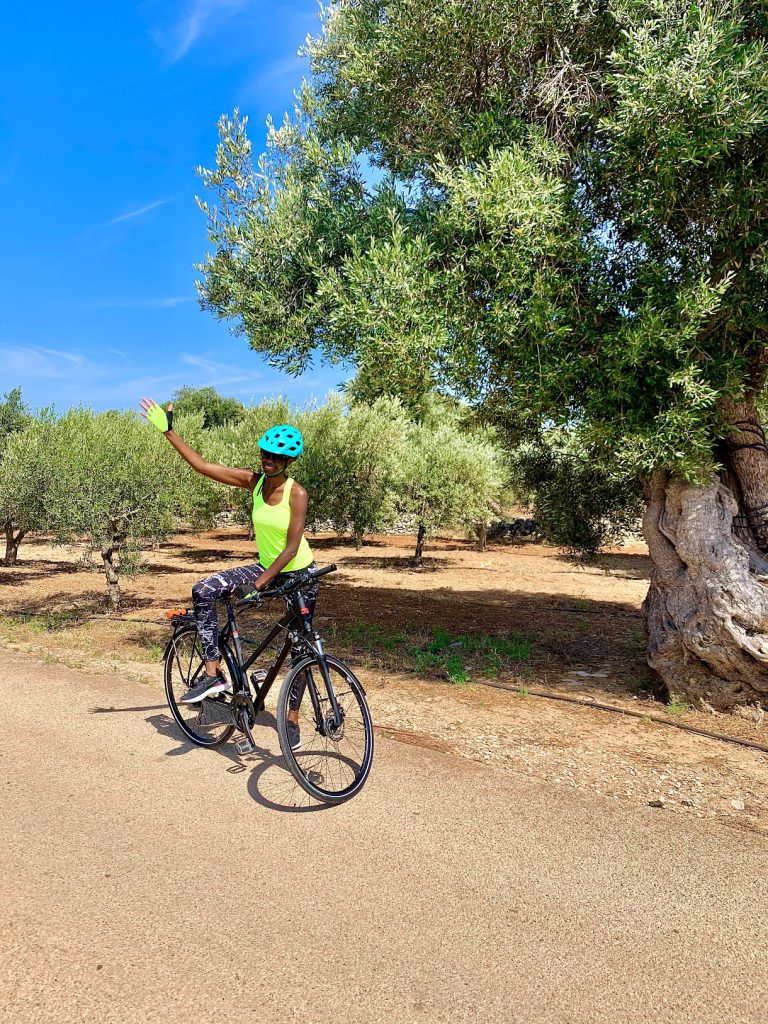
Here are a few useful website to visit for useful tools and insightful information about climate crisis and sustainability:
- https://www.earthday.org/history/
- https://www.un.org/en/climatechange
- https://www.ellenmacarthurfoundation.org/
- https://www.ourplanet.com/en/
- https://www.givinggreen.earth/about-us
- https://science.nasa.gov/climate-change/what-is-climate-change/
In conclusion, spring is a season of new beginnings and inspiration, a way for us to take a moment to reflect on the fresh starts and personal growth. Jumping into a swimming pool or the sea before learning how to swim is a recipe for drowning. Perhaps this is a time for us to gradually learn more about the natural world in order to help preserve the beauty of our planet.
